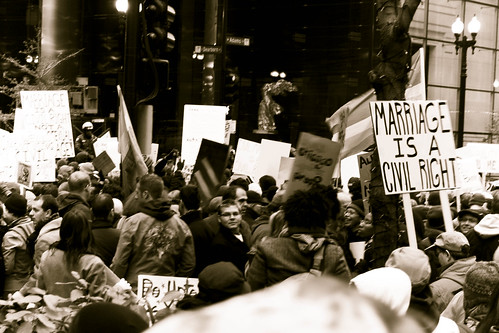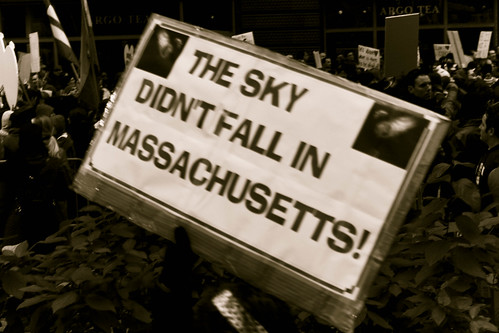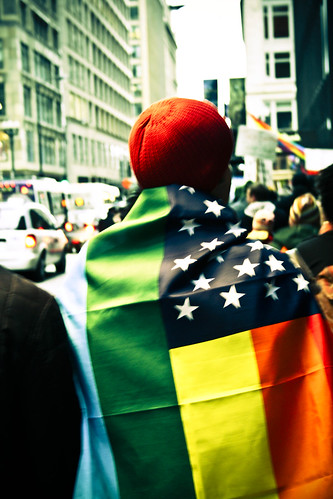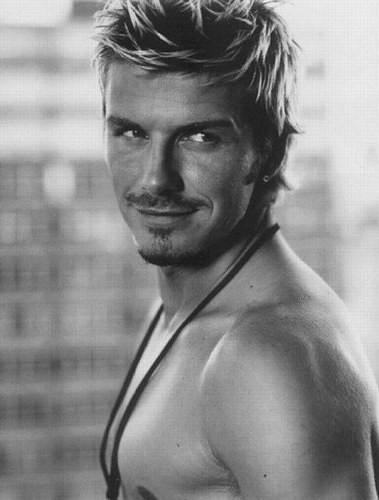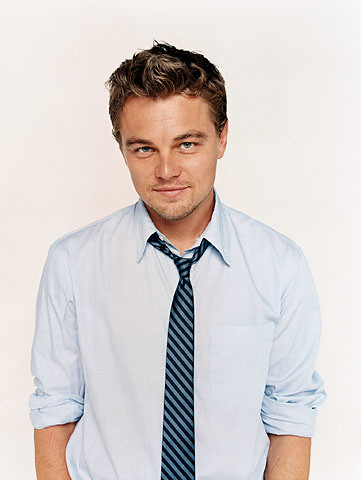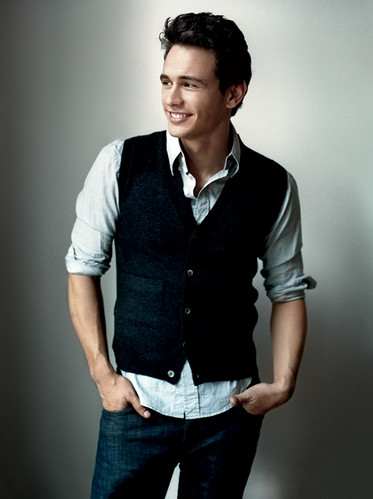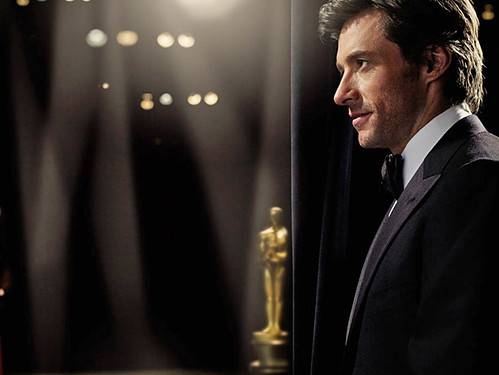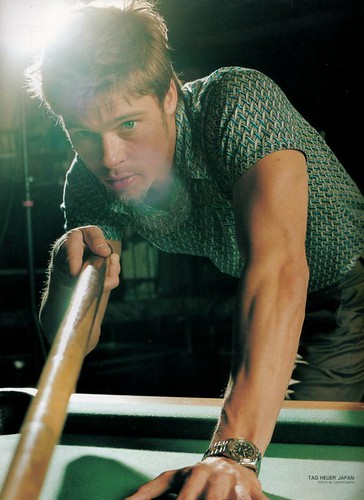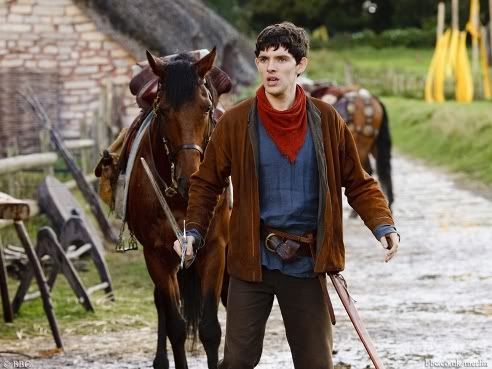I saw Angels and Demons last weekend, and I was hugely disappointed.

I wasn't expecting great things with this film - it is, after all, based on a Dan Brown novel starring Tom Hanks at a stretch - but I was willing to give it a chance before I wrote it off. Don't get me wrong, I read and saw
The Da Vinci Code - neither of which made a favourable impression - and I love Tom Hanks, but in this he's an Alpha American who walks into a church, library, office or picks up a book and finds a symbol that has great and in-depth meaning and
might just save a man's life. True, he's funny, arrogant and annoying as hell - as he's supposed to be - but you don't quite buy him as Langdon.
BEST LINE: “Ah, Professor Langdon. What a relief — the
symbologist is here,” sneers the Swiss Guard commander.
There's a scene about a third of the way through the film where Hanks - I mean Langdon - whatever gets himself into a bit of a deathly pickle except that you know he
can't die because there's still 2 hours to go but
you I really really wish that just once they'd killed him off.
The explosive climax is
not the end. I would have been extremely happy if it
was the end, because although it was somewhat OTT, it was admirable and noble and was the kind of ending that could have given me
some kind of faith, though it be in the basic good of mankind and not a greater God. My favourite character turned out to be a back-stabbing bastard (though I had my suspicions all along). In any case, the film continued for some great length, exposing corruption, evil, double crossing, the whole shebang (some might say the holy trinity).
 Angels and Demons is a relentless thriller.
Angels and Demons is a relentless thriller. It
just. doesn't. stop with the pounding music, the high speed car chases (right from the beginning), the shooting. There are only so many times I am willing to believe that Tom Hanks can show up within minutes of catastrophe either to stand idly by or save a life ("the fact Langdon is not a man at the peak of his physical fitness (he is an academic, after all, rather than a man of action) might explain why he continually arrives at the scene of the crime just a moment too late.")
I apparently am not the only one: "I find the whole time issue
incredibly irritating. I can't buy any of it anyway, but, as with DVC, the fact that these characters are doing things in the space of four hours that would take, you know...at least six...just bugs me."
Although there's still time for a little sermon in the middle about how the Church really isn't all that bad:
"Since the days of Galileo this church has tried to slow the relentless march of progress, sometimes with misguided means. But science and religion are not enemies. There are simply some things that science is just too young to understand so the church pleads stop, slow down, think, wait and for this they call us backward. But who is more ignorant, the man who cannot define lightening or the man who does not respect its natural awesome power...If the outside world could see this church as I do, looking beyond the ritual of these walls, they would see a modern miracle, a brotherhood of imperfect simple souls who want nothing more than to be voices of compassion in a world spinning out of control. Brethren, I ask, I pray that you break this conclave, open the doors and tell the world the truth."
Then we finish the film with the justification that "religion is flawed because man is flawed."

The female lead really seems superfluous. She's not the lover, she's not femme fatale, she's not the bad gal, she's just the one along from the ride, and easily forgettable. At least in
The Da Vinci Code Audrey Tautou provided some feminine relief. Ewen McGregor, on the other hand, was a fine choice, a lovely visual distraction and played his part with conviction and fervor.
Mark Kermode got it right when it said "
The Da Vinci Code was people running into rooms, standing still, pointing, and explaining the plot. Now they point and explain the plot while they're running."
"
A fast-paced and serviceable thriller, dressed in second-hand religious mumbo jumbo, that relies on constant forward momentum to ensure its audience doesn't have time to stop and think about it too much."
I honestly couldn't say if this is better or worse than the Da Vinci Code because I don't really remember, but the Da Vinci Code didn't make quite so disappointing an impression. I also had read the book Da Vinci Code before I saw the film, which is perhaps why it made more sense. I'm told that
Angels and Demons differs quite a bit from the book, and not necessarily in a good way.
To channel David Stratten: "I didn't like it. I'm giving it 2 stars."
x
JAG
*At some stage, Langdon is asked the inevitable "do you believe in God?" After trying to avoid the question, he concludes that "faith is a gift I have yet to receive."







